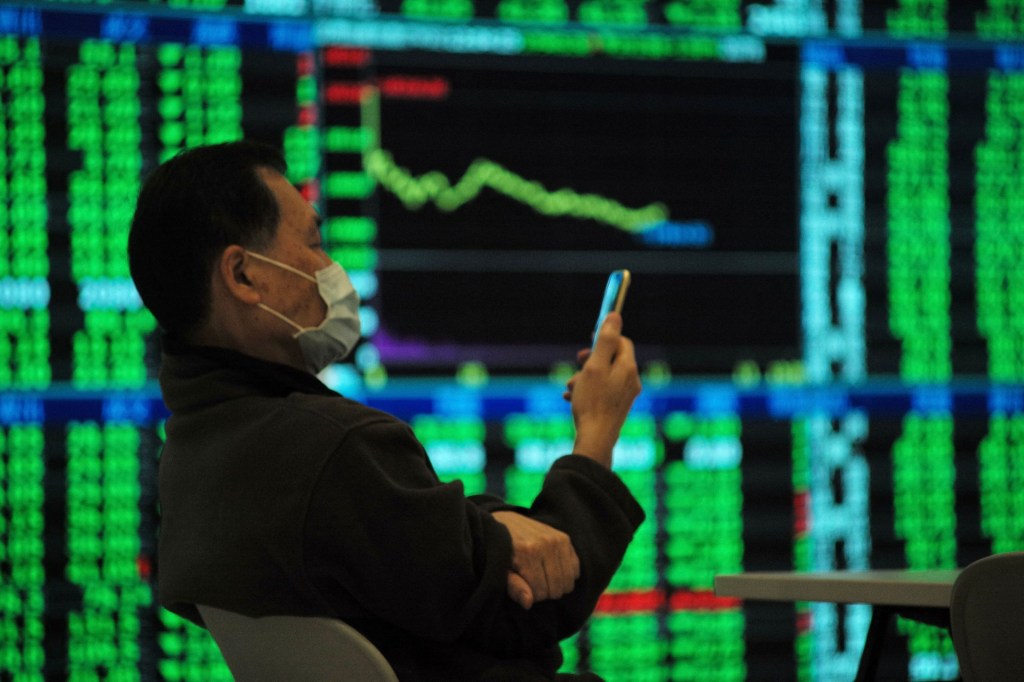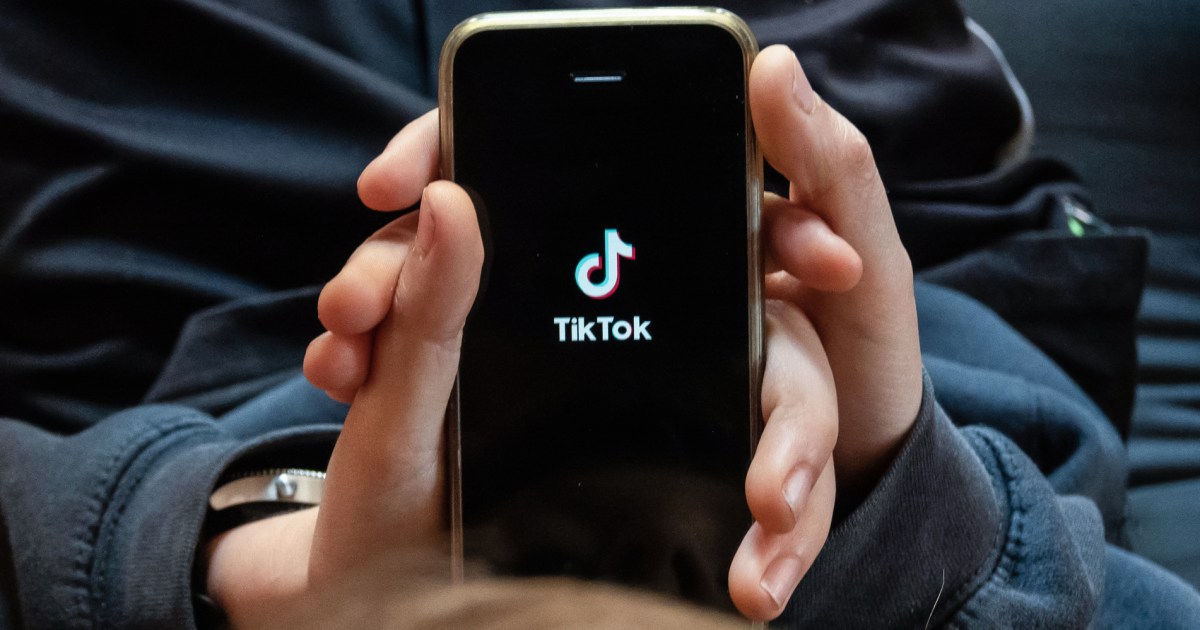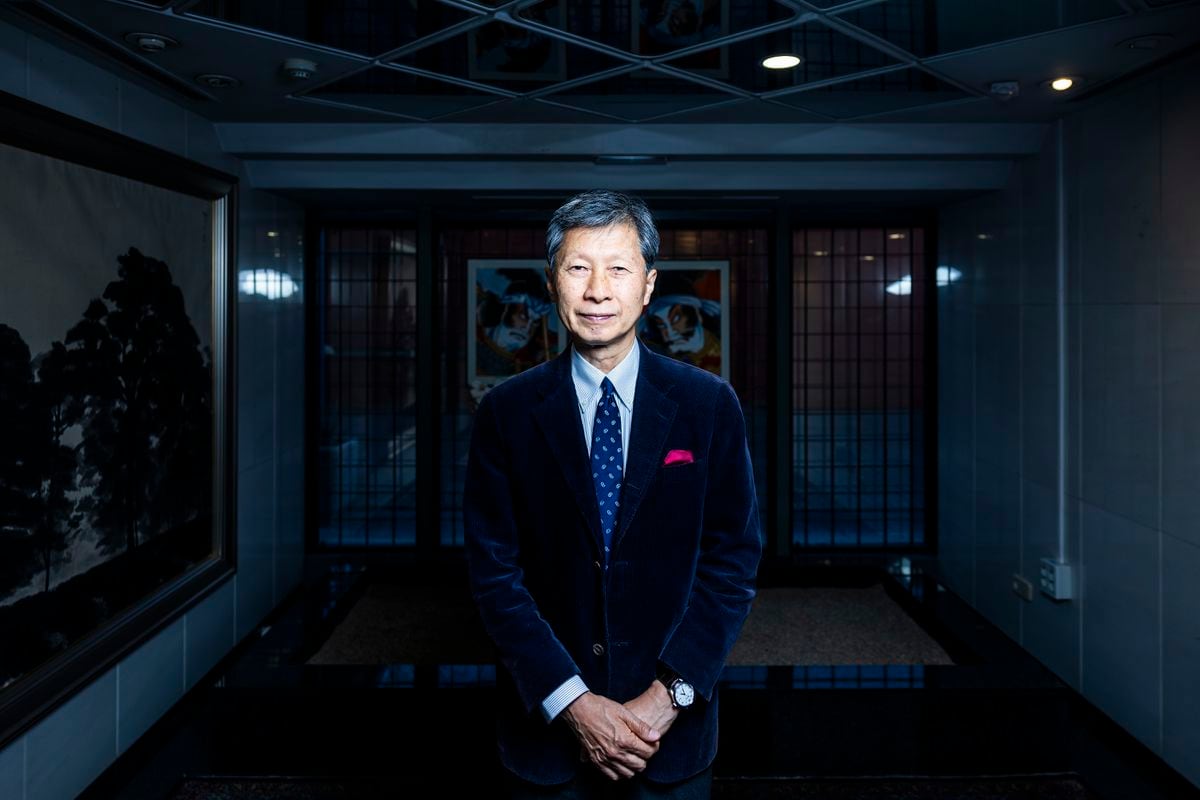🔄 Click here to see the most recent posts
3 posts
4 mins ago
What we know about Nancy Pelosi's possible visit to Taiwan
US House Speaker Nancy Pelosi will visit Taiwan as part of her Asia tour, according to a senior Taiwanese government official and a US official.
The trip to Taipei would occur despite warnings from officials in the Biden administration, who are concerned about China's response to such a high-profile visit.
After the news broke, China warned of the "appalling" political consequences of Pelosi's visit to Taiwan and said its military "will not sit idly by."
ANALYSIS |
Nancy Pelosi's planned visit to Taiwan threatens to create further instability between the US and China
This would be the first time in 25 years that a speaker of the House of Representatives has visited Taiwan.
However, the trip does not yet appear on Pelosi's public itinerary and comes at a time when US-China relations are at a low ebb.
The Taiwan official added that Pelosi is expected to spend the night in Taiwan.
It is unclear exactly when he will land in Taipei.
The US official added that defense department officials are working around the clock to monitor any Chinese movement in the region and ensure a plan to keep it safe.
Why is Nancy Pelosi's possible trip to Taiwan fueling tensions between the US and China?
The issue of Taiwan - an autonomous island that China claims as part of its territory - remains one of the most contentious.
President Joe Biden and his Chinese counterpart Xi Jinping discussed it at length in a two-hour, 17-minute phone call on Thursday, as tensions between Washington and Beijing rise.
Pelosi's possible trip to Taiwan raises China-US tension
2:44
"The Taiwan issue is the most sensitive and important core issue in China-US relations," Chinese Ambassador to the US Qin Gang said at the Aspen Security Forum in July.
Biden said last month that the US military was opposed to Pelosi visiting Taiwan, though he has since declined to elaborate on the warnings.
The White House said it is up to the House speaker where he travels, and that they have little say in her decision.
18 mins ago
Nancy Pelosi's plan to visit Taiwan shakes markets
By Laura He
Stock image.
(Credit: SAM YEH/AFP via Getty Images)
Global markets fell on Tuesday as investors feared that a possible visit by Nancy Pelosi, Speaker of the US House of Representatives, to Taiwan could seriously escalate tensions with China.
They assure that Nancy Pelosi will visit Taiwan and China launches a new warning
Hong Kong's Hang Seng Index slumped as much as 3.2% in the morning but managed to trim losses to 2.4% by the close.
Mainland China's Shanghai Composite Index ended down 2.3%.
Taiwan's Taiex closed down 1.6%.
For its part, Japan's Nikkei 225 lost 1.4% and Korea's Kospi 0.5%.
European markets also suffered a weak start on Tuesday.
Germany's DAX and France's CAC 40 fell 0.5% and 0.4% respectively.
While London's FTSE 100 fell 0.1%.
Nancy Pelosi kicks off a high-profile tour of Asia with a visit to Singapore.
Will she go to Taiwan?
Additionally, the Taiwan dollar weakened 0.1% against the US dollar.
And the Japanese yen, a traditional insurance currency, rose 0.6% against the dollar.
Read more here.
33 mins ago
What is the history of the relationship between the US and Taiwan?
By Angela Reyes
The history of the relationship between the United States and Taiwan has been inescapably marked by a third protagonist, China, which claims the island as part of its territory.
The announcement of a possible trip to Taipei by the president of the United States House of Representatives, Nancy Pelosi, has caused a stir in China and generated concern in the Government of Joe Biden.
This is the latest episode to date in a long-standing relationship marked by official ambiguity, informal links and, more recently, the particular rhetoric of the current US president.
China and Taiwan, the inescapable history to understand the role of the United States.
Understanding the link between Washington and Taipei implies, first of all, going back to the history of Taiwan —formally the Republic of China—, founded in 1911 after the last Chinese imperial dynasty collapsed, as we explain in this article.
Under the leadership of the Kuomintang, the Nationalist Party, the Republic of China was confronted in the 1930s and World War II with the advances of Japan and the growing power of the Chinese communists led by Mao Zedong.
In 1945 he managed to recover the island of Taiwan that he had lost to the Japanese but shortly after, in 1949, the Nationalist Party was defeated by the Communist Party in a bloody civil war.
That year Mao founded the People's Republic of China, with Beijing as its capital, and about 1.2 million Chinese accompanied the Government of the Republic of China in an exodus to Taiwan, according to estimates by the island's authorities.
There they remained established while Mao's forces expanded their control on the mainland.
And what role did the United States play?
The US government had been an ally of the Kuomintang during World War II and did not initially recognize the legitimacy of the Communists.
In other words, he continued to support Taipei.
However, in 1971 the UN members recognized the legitimacy of the People's Republic.
That same decade, with the Cold War in the background, China and the United States grew closer and the American embassy ended up moving from Taipei to Beijing.
In the early 1990s, mainland Chinese representatives had a rapprochement that culminated in a summit in Hong Kong in 1992 in which, according to Beijing and pro-Taiwan reunification parties, there was a "one China" agreement.
That is to say: both recognized that it was a single country that should be reunited.
However, they disagreed on the scope and who is the legitimate authority.
Under this "One China" policy, the United States acknowledges China's claim that Taiwan is part of that country, but has never officially admitted the claim to the island of 23 million people.
The United States, then, has long been in a position of "strategic ambiguity" about how it would respond to an invasion of Taiwan.
Why?
As CNN's Stephen Collinson explains: "This is intended to keep a check on the confrontation by deterring China by keeping open the possibility of a US military response. At the same time, it is intended to deprive Taiwan of US guarantees that could lead it to push for its official independence. The goal is to preserve the
status quo
and avoid a war in Asia, and it has worked, allowing Washington to walk a tightrope in relations with both sides.
Read the rest of the story here.
ChinaNancy PelosiTaiwan









/cloudfront-eu-central-1.images.arcpublishing.com/prisa/XHPIZLIKRRLMPBUDMJTRJEJEOI.jpg)